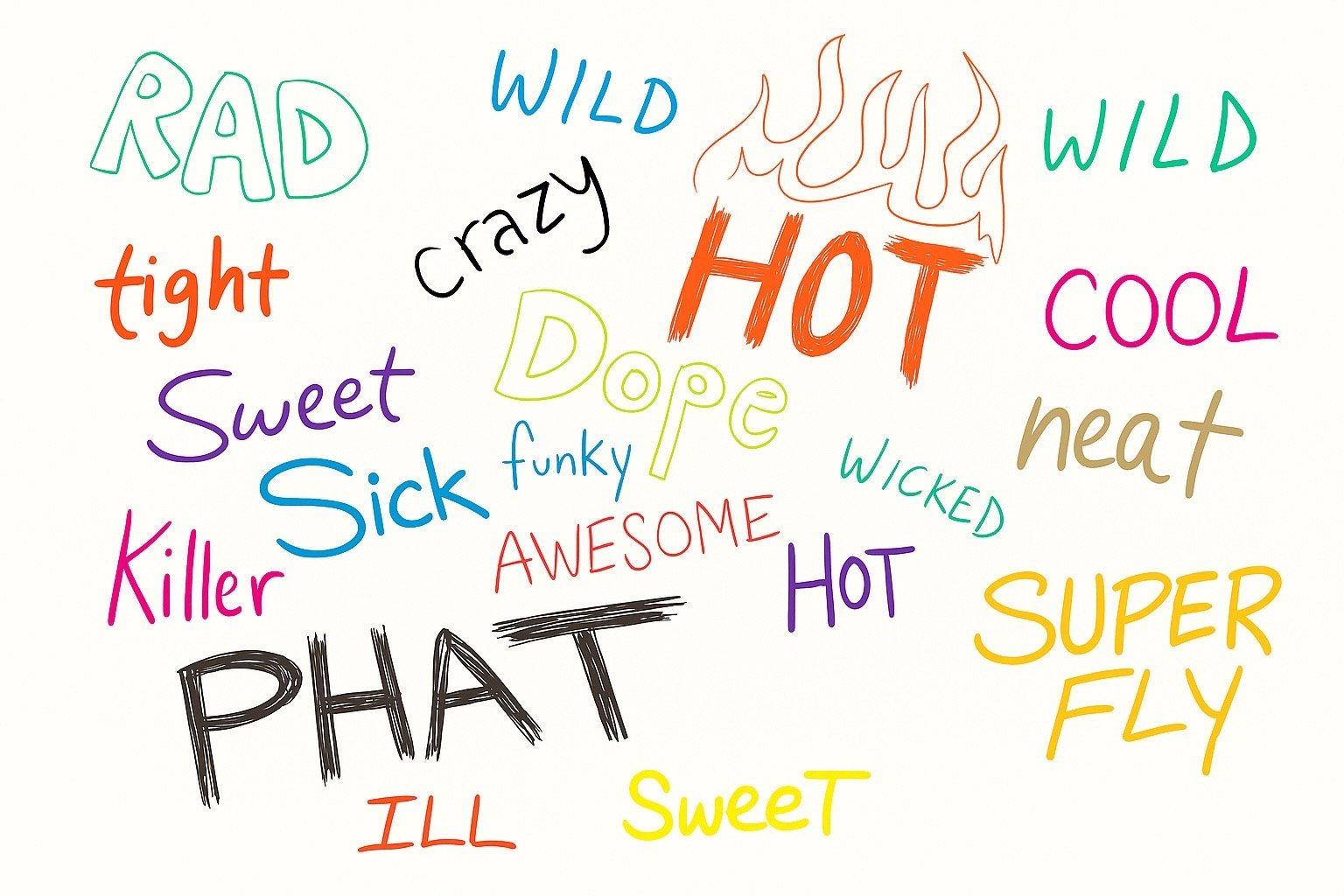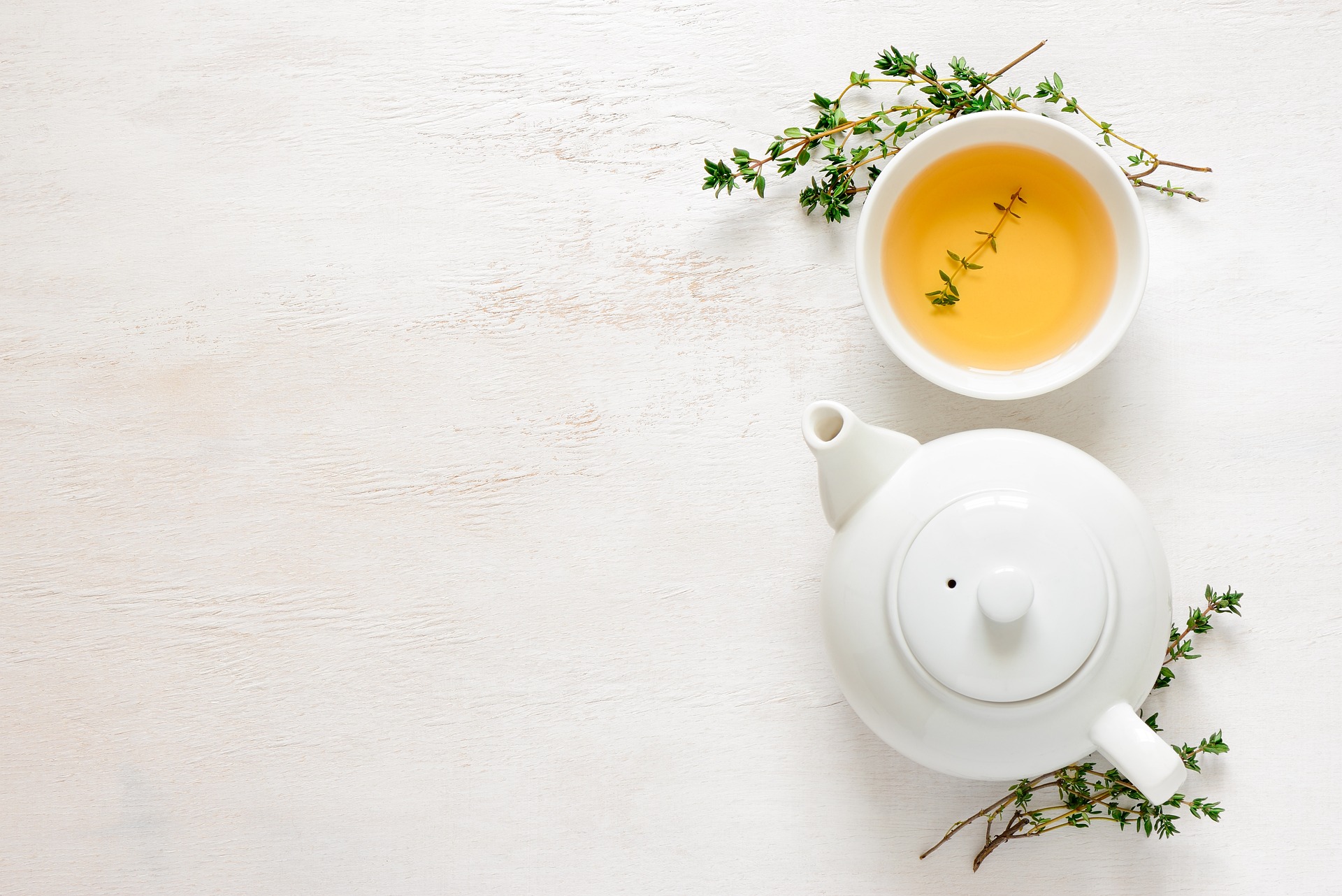🎭 The Secret Code of Words – A Story About Slang 💬✨
🌐 A follow-up story that connects to Chapter: Word Study in the Language Album. 💬✨ It invites children to explore the fascinating world of slang—those quick, clever, ever-changing words that dance outside the lines of formal grammar. This story, 🎭 leads children into a joyful investigation of how words are born, reshaped, and sometimes redefined in real time. It extends the work of etymology, synonyms, word families, and compound words—core strands of the Word Study chapter—by showing how slang reflects culture, creativity, and belonging. From understanding WHY we say certain things the way we do, to discovering HOW words transform through time, culture, and play, children begin to see that every word—old or new—has a story behind it. This tale opens the door to fresh wonder: “Can a word I invent today become tomorrow’s slang?” 🧠💭 And so, language becomes not just something we learn… but something we live—a playful, ever-changing dance of meaning, belonging, and expression. 💬🌍✨
LANGUAGE STORIES
8/5/20252 min read


📚 As we’ve already discovered in our Word Study work—words don’t just sit still. 🧠 Every word—old or new—has a story. 💭🔤 Words travel and transform. Remember when we explored how adding just a little piece at the front of some words—a prefix—that changed everything?
Like: ( Write on slips of paper.)
happy → unhappy 😕
wrap → unwrap 🎁
play → replay 🔁
do → redo ✍️
A tiny part in front can give a whole new meaning. That’s the magic of words—changing with time, place, and people. From the earliest alphabet symbols scratched into clay, to the new words we invent today as we create new things—language never stops evolving.✨📜 For example: telephone—from the Greek tele, meaning “far,” and phone, meaning “sound.” Then came another invention, the mobile phone—with mobile meaning “able to move”—because people could now talk and walk without being tied to a cable. Each word tells a story of human invention and imagination. 🔤📱💡
🕵️♀️Today, we’re on a language mystery mission… We will track some sneaky, silly, and surprising words people use to sound cool, clever—or even confusing.
Have you ever heard someone say something and thought, “Wait… what?”
Here I wrote some sentences. ( Write on slips of paper.)
💬 “That game was cringe.”
💬 “She’s a total GOAT.”
💬 “He yeeted it across the room!”
💬 “You look cool today! ”
Which word made you pause and thing "Wait..what does that even mean?" 🤔 Let's underline them.
These aren’t just made-up nonsense words—they’re slang words !They’re traded like treasures and tossed around like a jokes. Slang is like a secret code that not everyone knows. 🎒✨
For example GOAT is not the mammal you imagine.🐐 It stands for: “Greatest Of All Time” and means: Someone who is the best at something. And yeet means: To throw something fast and far.
You probably won’t find them in the dictionary... but you will hear them in songs, or from your friends and people around. And they change quicker than you think, one year it’s “yeet” and “vibe,” the next it might be “skibidi” or else.
A little over 300 years ago, slang words were used to describe the “naughty” or “low-class” way some people talked. In old Scottish, it just meant a gossip—like what you might hear between friends on the playground! And in northern England, slang could even mean rude or cheeky talk. 😜
But over time, slang became more than just “chat”—it became creativity in action. 📜 Historians think the word slang comes from an old word, sleng, meaning “to toss words around.” And that’s exactly what slang does—it tosses words in a different way!
Different cultures have their own slang, too: In Nigeria, you might hear “chop life” (enjoy life!). In the Philippines, “astig” means super cool.
Your teacher might say: “You played really well today.” But your best friend will probably add few slang words like: “Bro, you was savage.” 😎
Some slang words stick around and become “real” words. Once, “cool” just meant “not hot.”Now, it means awesome. “Chill” can mean relax. But when you say, "It is chilly outside, you mean it is cold. Do you know some trending slang words ? 🎮🎤
I wonder...💭 People love organizing words into dictionaries… but is there a dictionary just for slang words ? Can we find more slang words and their meanings? What if you could make your own Slang collection? Or a “Slang Code Poster”—with the trendiest, weirdest, funniest, or coolest words people use today.
🗂️ Possible Follow-Up Explorations:
Interview people for slang words 🕰️
Compare slang words in different countries 🌍
Create cartoons or graffiti pisters using your favorite slang 🎭
Investigate what part of speech are slang words
With Montessori joy,
Vanina 😊

